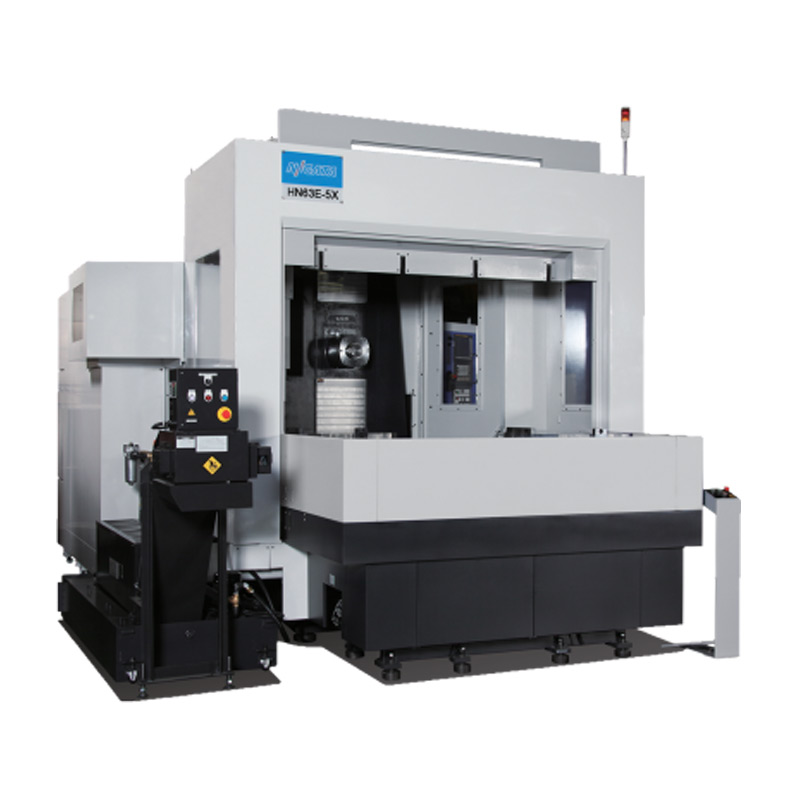conveyor car wash system cost
The Cost of Conveyor Car Wash Systems A Comprehensive Breakdown
In today's fast-paced world, convenience and efficiency are vital, especially when it comes to services that cater to our busy lifestyles. One such service is car washing, and conveyor car wash systems have gained immense popularity due to their efficiency and effectiveness. However, understanding the cost associated with these systems is crucial for business owners and investors who are considering entering this lucrative market.
Understanding Conveyor Car Wash Systems
Conveyor car wash systems utilize a series of conveyor belts to move vehicles through various washing stations where they undergo a comprehensive cleaning process. This type of system typically includes automated brushes, high-pressure water jets, and drying mechanisms, providing a quicker and more thorough wash compared to traditional hand washing methods. The speed and efficiency of conveyor systems allow them to handle a higher volume of vehicles, making them an attractive option for car wash entrepreneurs.
Initial Investment Costs
The initial investment for a conveyor car wash system can vary significantly based on several factors, including location, the size of the system, and the specific technologies employed. On average, the cost to purchase and install a conveyor car wash system can range from $100,000 to over $500,000. This figure typically includes the following components
1. Equipment Costs The core machinery—comprising conveyor belts, washing brushes, drying systems, and water reclamation features—represents a significant portion of the investment. Advanced systems that incorporate cutting-edge technology, such as waterless washing or advanced foaming mechanisms, can drive costs higher.
2. Installation Costs Professional installation is essential for ensuring that everything functions correctly and meets local safety regulations. Installation can add an additional 10-20% to the total cost.
3. Land and Facility Costs Depending on the location, the price of leasing or purchasing land can vary widely. A well-situated car wash can increase customer traffic and profitability, but real estate costs in prime areas can be substantial.
conveyor car wash system cost

Ongoing Operational Costs
While the initial setup cost is a considerable barrier to entry, ongoing operational costs must also be taken into account. These include
1. Labor Costs Although conveyor systems reduce the amount of manual labor needed, some staff will still be required for operational supervision, customer service, and maintenance.
2. Maintenance and Repairs Regular maintenance is crucial for keeping the system running smoothly. Owners should budget for both routine maintenance and unexpected repairs, which can become a significant expense over time.
3. Utilities and Supplies Running a conveyor car wash incurs ongoing water, electricity, and cleaning supplies expenses. On average, utility costs can range from $1,000 to $3,000 monthly, depending on the size of the operation and local rates.
4. Insurance and Licensing Business insurance and any required permits or licenses also contribute to ongoing costs. It's essential to research local regulations to ensure compliance and avoid costly fines.
Return on Investment
Despite the significant upfront and operational costs, a well-run conveyor car wash can yield substantial profits. A successful operation can process hundreds of vehicles daily, allowing for revenue generation that quickly offsets costs. Pricing strategies, such as loyalty programs and bundles, can enhance customer retention and increase profitability.
In conclusion, while the cost of setting up a conveyor car wash system can be high, the potential for strong returns makes this business opportunity worth considering for many investors. By thoroughly evaluating the initial and ongoing costs, as well as understanding the market dynamics, entrepreneurs can make informed decisions that lead to successful ventures in the car wash industry. As you explore the world of conveyor car wash systems, consider your specific needs, budget, and long-term business goals to ensure a rewarding investment.
-
Car Wash Equipment – Durable, Efficient, Pro-Grade SystemsNewsNov.10,2025
-
automatic car washing machine price list: Fast ROI, Low CostNewsNov.10,2025
-
Car Wash Tunnel Design for High Throughput, ROI & UptimeNewsNov.10,2025
-
Car Wash Tunnel Design | High Throughput & Low MaintenanceNewsNov.10,2025
-
Automatic Car Washing Machine Price List - Fast ROINewsNov.10,2025
-
Car Wash Tunnel Design: High Throughput, Custom & DurableNewsOct.27,2025




